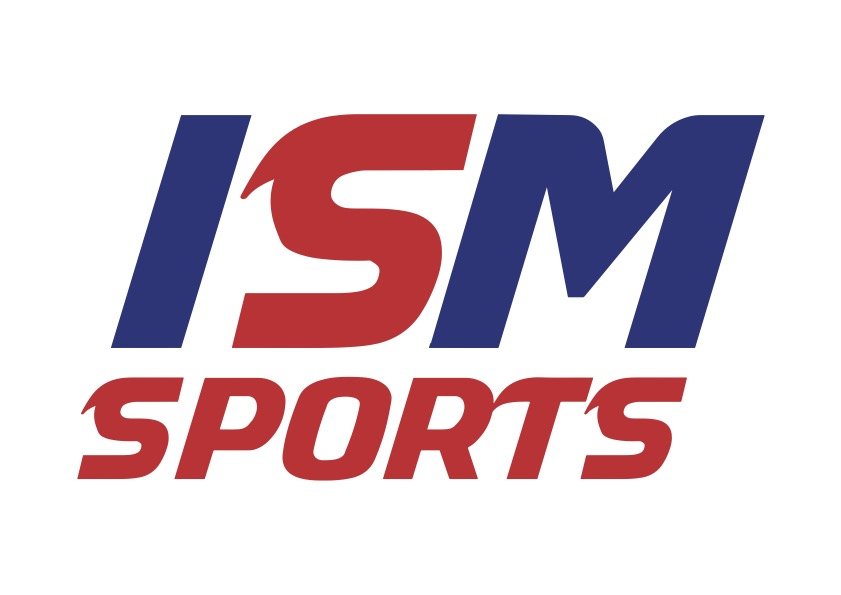Nutrition Tips for Young Athletes
Proper nutrition is essential for young athletes to perform at their best and maintain their overall health. A well-balanced diet not only fuels their bodies for sports activities but also supports their growth and development. Here are some essential nutrition tips for young athletes to help them stay energised, strong, and healthy.
Importance of a Balanced Diet
A balanced diet provides the necessary nutrients that young athletes need to support their physical activities and overall growth. It includes the right mix of carbohydrates, proteins, fats, vitamins, and minerals.
Carbohydrates: Carbohydrates are the primary source of energy for athletes. Foods like whole grains, fruits, vegetables, and legumes provide complex carbohydrates that release energy slowly, ensuring sustained performance.
Proteins: Proteins are crucial for muscle repair and growth. Include lean meats, poultry, fish, eggs, dairy products, beans, and nuts in the diet.
Fats: Healthy fats are essential for long-term energy and cell function. Sources include avocados, nuts, seeds, and olive oil.
Hydration is Key
Proper hydration is vital for young athletes to prevent dehydration and maintain optimal performance. Encourage your child to drink plenty of water throughout the day, especially before, during, and after sports activities.
Water: Water should be the primary source of hydration. Encourage regular water breaks during practices and games.
Electrolytes: For intense or prolonged physical activities, consider sports drinks that contain electrolytes to replenish lost minerals. However, these should be consumed in moderation due to their sugar content.
Pre-Game Nutrition
What young athletes eat before a game or practice can significantly impact their performance. A pre-game meal should be consumed 2-3 hours before the activity and should be rich in carbohydrates with moderate protein and low fat.
Examples: A turkey sandwich on whole grain bread, a banana with peanut butter, or oatmeal with fruit.
Snacks: If the meal is consumed more than 3 hours before the activity, a light snack 30-60 minutes prior can help maintain energy levels. Options include yogurt, fruit, or a granola bar.
Post-Game Recovery
Post-game nutrition is crucial for recovery and muscle repair. Consuming a mix of carbohydrates and proteins within 30 minutes to 2 hours after the activity helps replenish glycogen stores and repair muscles.
Examples: Chocolate milk, a protein smoothie, or a chicken wrap with vegetables.
Hydration: Continue to hydrate with water or a low-sugar sports drink to replace fluids lost during the activity.
Healthy Snacking
Healthy snacks can provide the necessary nutrients and energy between meals and practices. Opt for snacks that are rich in nutrients and low in added sugars and unhealthy fats.
Examples: Fresh fruit, vegetable sticks with hummus, nuts, cheese sticks, or whole grain crackers with peanut butter.
Avoid Processed Foods
Processed foods are often high in added sugars, unhealthy fats, and sodium, which can negatively impact an athlete's performance and overall health. Encourage your child to consume whole, unprocessed foods as much as possible.
Examples: Instead of chips, opt for air-popped popcorn or baked sweet potato fries. Choose whole fruits over fruit juices or snacks.
Planning and Preparation
Meal planning and preparation can help ensure young athletes get the right nutrition throughout the week. Involve your child in planning and preparing meals to teach them about healthy eating habits and the importance of nutrition.
Meal Prep: Prepare meals and snacks in advance to avoid the temptation of unhealthy convenience foods.
Education: Teach your child about the benefits of different nutrients and how they support their athletic performance and overall health.
Conclusion
Proper nutrition is essential for young athletes to perform at their best, recover effectively, and maintain their overall health. By following these nutrition tips, you can help your child develop healthy eating habits that will support their athletic endeavours and contribute to their long-term well-being.

